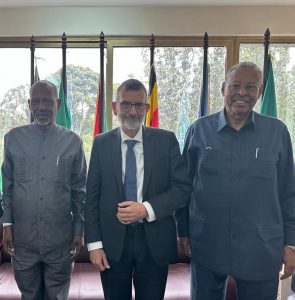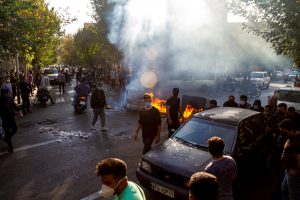Facebook rejected the demand of Gambia to release the documents that could aid an ICJ case, regarding the communication between Myanmar’s military and police at a US court on Tuesday. West African country Gambia had filed a case in the International Court of Justice last year accusing Myanmar authorities of perpetrating genocide against Rohingyan Muslims.
ALSO READ | Facebook ignored hate speech posts in India to safeguard ‘business prospects’: Report
Gambia had also filed a case in a federal court in Washington seeking the documents. However, the social media giant urged the court to reject the demand as it breaches a US privacy law that prevents electronic communications services from disclosing users’ communications, Time Magazine reported.
ALSO READ | Facebook boots QAnon groups for ties to violence
A Facebook spokesperson said that the request to release the documents was made in June and called it “extraordinarily broad” adding that it would constitute “special and unbounded access” to accounts.
The case that is filed at the United Nation’s International Court of Justice in the Hague accuses Myanmar government of committing a ‘systematic genocide’ on the Rohingyan Muslims. It also has accused the country of violating the 1984 UN Convention on genocide.
ALSO READ | Misleading health content draws 3.8 billion views on Facebook: Report
In 2018, an independent report, commissioned by Facebook, said the platform had created an “enabling environment” for the proliferation of human rights abuse in Myanmar. Subsequently, the network said it had made progress in sorting the issues in Myanmar but that there was “more to do.”
Facebook had also removed 425 pages, 17 groups, 135 accounts and 15 Instagram accounts in Myanmar for engaging in coordinated inauthentic behavior. It had also accepted that this seemingly independent news, entertainment, beauty and lifestyle accounts belonged to the Myanmar military.
ALSO READ | FIR registered against Facebook executive amid hate speech policy row
In late 2016, Myanmar’s armed forces and police started a major crackdown on the Rohingya people in Rakhine State in the country’s northwestern region.







